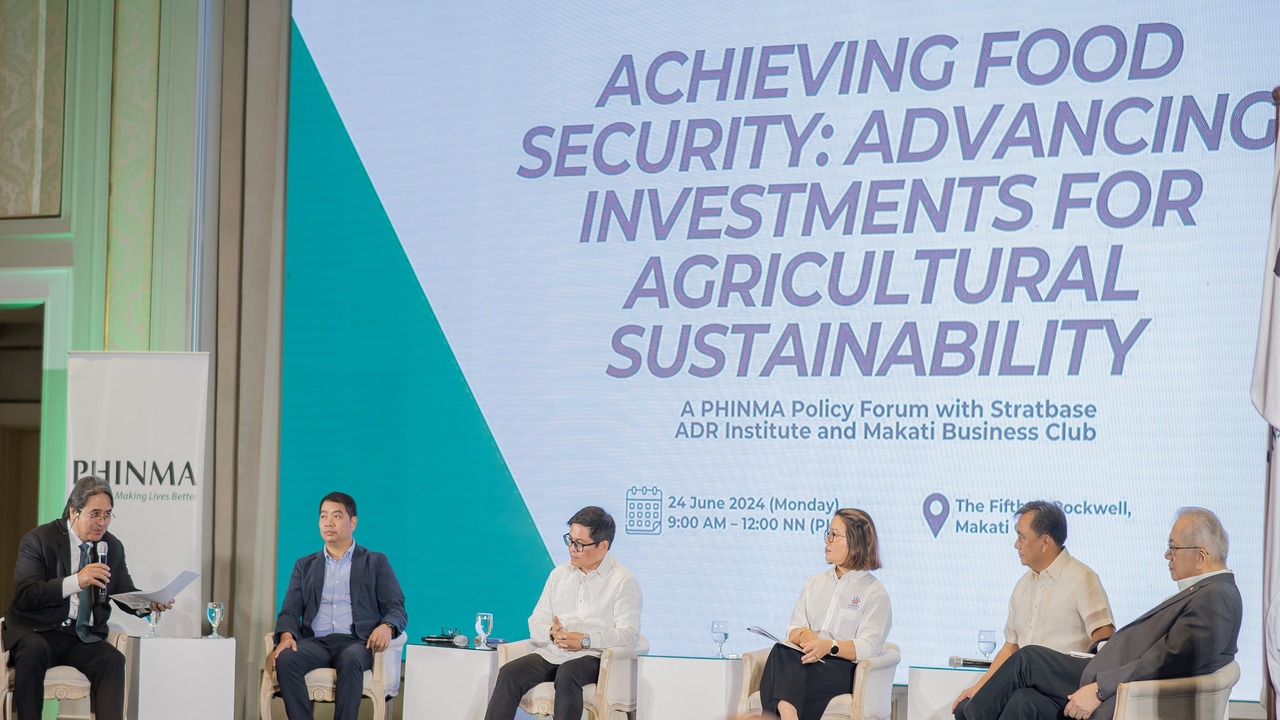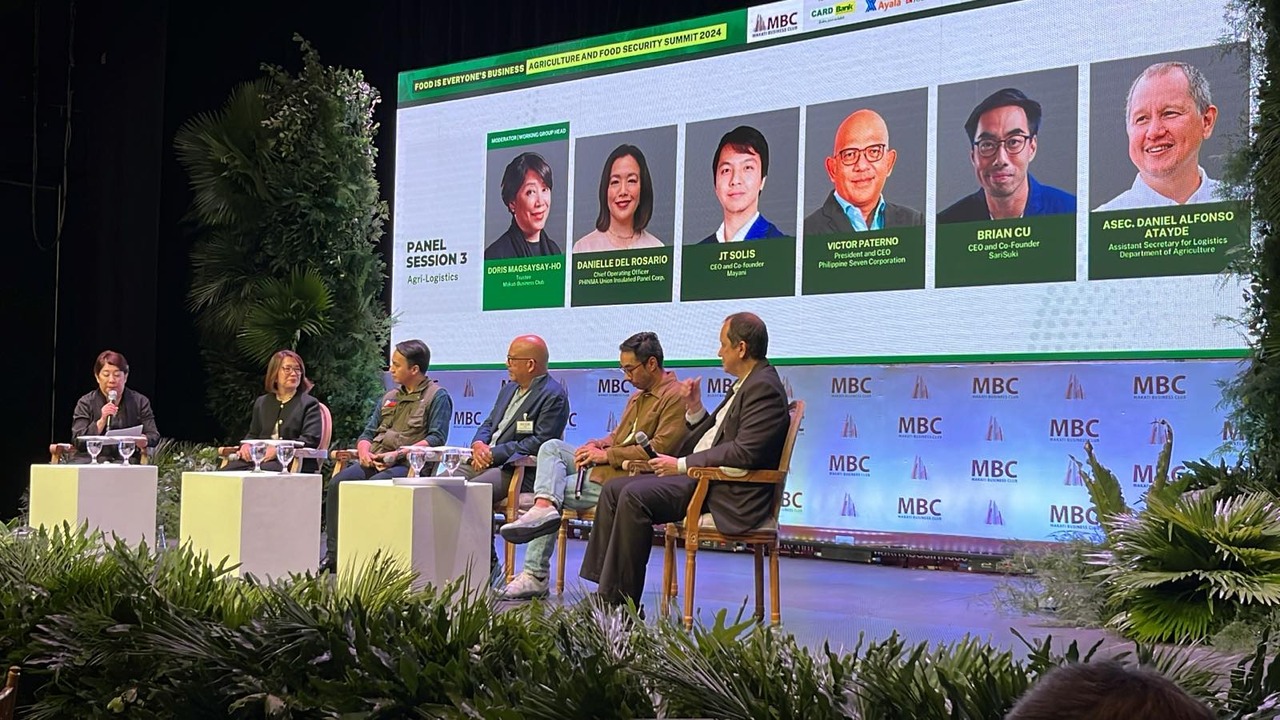
Businesses must invest in projects and initiatives that strengthen the country’s food supply and agricultural productivity, especially as the climate crisis continues to worsen, executives of PHINMA Corporation emphasized during its policy forum this week. The event, titled “Achieving Food Security: Advancing Investments for Agricultural Sustainability,” gathered leaders from PHINMA and its Construction Materials Group (PHINMA CMG), alongside agriculture officials, government representatives, and industry leaders, to discuss the pressing challenges of rising temperatures, extreme weather events, disrupted supply chains, and inadequate logistics infrastructure.
Danielle del Rosario, Chief Operating Officer of PHINMA CMG’s Union Insulated Panel Corporation (UIPC), underscored the responsibility of businesses to integrate sustainability into their investments. “Doing things responsibly is no longer an option—it’s something we all have to be conscious about. When we look at agriculture or food security, we consider the entire value chain,” she said. Joining her in the forum were PHINMA Director and Executive Vice President for Construction Materials Eduardo Sahagun, Department of Agriculture (DA) Undersecretary Asis Perez, DA Spokesperson Asec. Arnel De Mesa, Mindanao Development Authority (MinDA) Deputy Executive Director Asec. Romeo Montenegro, Cold Chain Association of the Philippines President Anthony Dizon, Stratbase ADR Institute President Dindo Manhit, and Makati Business Club Executive Director Bobby Batungbacal.
During the discussion, Asec. De Mesa highlighted the country’s high post-harvest losses, with crops such as rice, onions, mangoes, and bananas, along with fish, experiencing double-digit wastage rates. Del Rosario emphasized the crucial role of the private sector in making large-scale investments in food production, warehousing, and cold chain logistics to minimize wastage, particularly for farmers’ fresh produce, while also ensuring sustainability. “For companies like PHINMA, we are always looking for ways to uplift Filipinos by providing essential products such as construction materials. Addressing food security requires a collaborative effort between the private sector and strategic government initiatives,” she added.
Meanwhile, Cold Chain Association of the Philippines President Anthony Dizon stressed the importance of translating food security policies into action at the local level. He pointed out that perishable food must be maintained at specific temperatures, even in traditional wet markets, to prevent spoilage and maintain quality. Eduardo Sahagun echoed these sentiments, stating that the long-term goal is to empower farmers and fisherfolk by enabling them to store their products for extended periods, thereby preventing losses and increasing the value of their goods. “Our hope is for the country to have adequate cold chain facilities to ensure the proper transport and storage of farm produce, meat, and fish, contributing to food security and food safety,” he emphasized.
To address these challenges, UIPC recently broke ground on a ₱700-million insulated panel manufacturing plant in Pampanga, aimed at supporting the country’s food security and climate resilience efforts. With an annual production capacity of one million square meters of panels, the factory positions UIPC to enhance the operations of cold chain facilities and related industries, further strengthening the infrastructure needed for food preservation and distribution across the Philippines.
Link to story: PHINMA Forum Highlights Private Sector’s Role in Food Security




